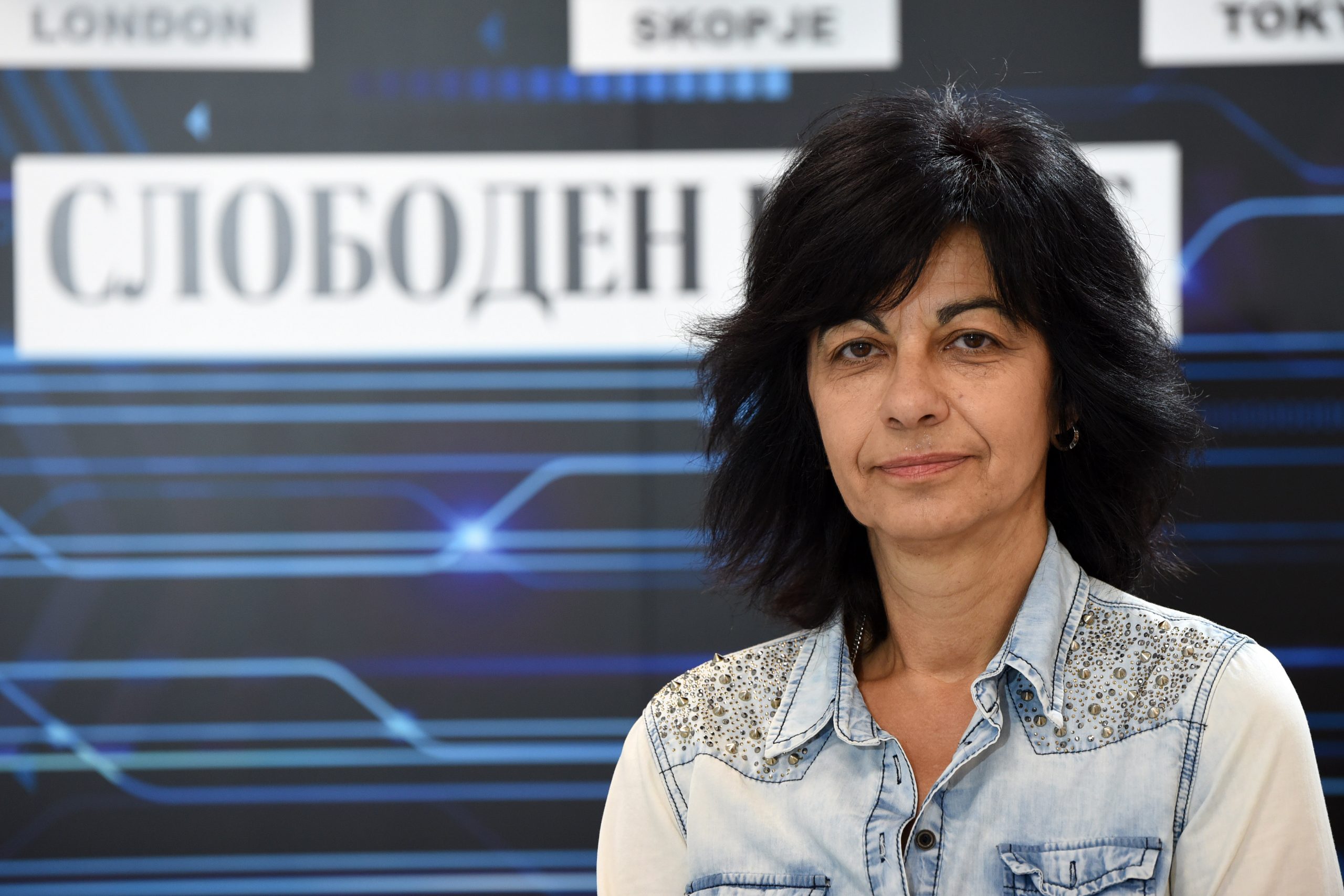"Go-stop" business between Skopje and Sofia

Economic relations between Macedonia and Bulgaria vary from polite kindness to willful neglect, depending on current politics.
Not even a month has passed since the optimistic forecasts for reaching one billion euros in the Macedonian-Bulgarian exchange, and the subtle threat from the Bulgarian Minister of Foreign Affairs, Nikolay Milkov, that joint projects with Macedonia may be suspended has already arrived. Economic relations between the two neighbors have varied over the years from polite kindness to deliberate neglect, but the "Pendikov" incident raised the tension to a higher level with announcements that it is possible for Bulgaria to return the veto?! "It is cynicism to discuss projects for an ecological path in Macedonia, while Pendikov is lying in the hospital. We can also stop other intergovernmental projects", Milkov will say to the Bulgarian MPs.
When last December at the Macedonian-Bulgarian business forum in Skopje they boasted that there was an opportunity for even greater economic cooperation, the heads of diplomacy of the two countries forgot how little the desired projections had to be collapsed. Since the signing of the Good Neighbor Agreement in 2017, businessmen have been trying to ignore politics. And that, more or less, they succeed. The latest statistical data have elevated Bulgaria as the fifth largest trading partner of Macedonia. In 11 months, last year, the exchange between the two countries reached 950 million euros, which is 42,2 percent more than the same period in 2021. At the same time, the import from Bulgaria to Macedonia grew much more than the export to our eastern neighbor. The relative peace on the political level is also shown by the data that in the last two years, the exchange has almost doubled. The data on investments from Bulgaria in Macedonia, which in 2021 reached almost 250 million euros, are also good. Macedonian companies are also active in Bulgaria, where there are also investments, mostly in the food industry and tourism.
Almost every message from European officials when it comes to our integration into the EU begins and ends with advice that cooperation with neighbors is the most important. But the several hundred kilometers that separate us from Bulgaria cannot be crossed for almost three decades. Yes, we are talking about the railway. There is not a single significant official left in the country who does not have a photo in his collection next to the foundation stone of this part of Corridor 8. Bulgaria has almost completed its part of the railway, but not Macedonia. The highway to the Bulgarian border is also a story of its own, and the efforts for a greater economic breakthrough ended just as they began, with the establishment of the airline between Sofia and Skopje. Air connectivity between the two countries has been short-lived, reportedly due to economic reasons. Will the infrastructure projects also become collateral damage to the deteriorating political relations? All the more so as the construction of the second section of Beljakovce - Kriva Palanka awaits us, and for the third section Kriva Palanka - border with Bulgaria, the financial construction is already closing and the construction is planned to be completed by 2029. With a loan from the World Bank, work is being done on the project for the upgrading and development of the road section Rankovce - Kriva Palanka, and with funds from the EBRD and an investment grant from the VBIF, on the road section Kriva Palanka - Deve Bair.
Businessmen are calling for politics to be put aside, especially during a world economic and energy crisis. That is why the statement of the Bulgarian ambassador to the country, Angel Angelov, that Macedonia receives gas only through Bulgaria, is not good. In the context of energy, Bulgaria for a long time seemed to put "sand in the cogwheel" of the country in connection with the Alexandropolis terminal, which would diversify our supply of natural gas.
The world in the 21st century erases borders, especially economic ones. And instead of encouraging new opportunities for cooperation with our eastern neighbor, someone persistently tries not to recognize them and use businesses to achieve their political goals. Speaking in front of 150 Macedonian and Bulgarian businessmen in Skopje, Minister Milkov said that the positive tendencies in our bilateral relations, especially in the economic relations, are not few at all, but unfortunately they seem to remain a little away from the focus of society. Let's hope that the economic cooperation will remain immune to the pressures and may even remain the last bridge, which will keep both sides on the same "wavelength".


